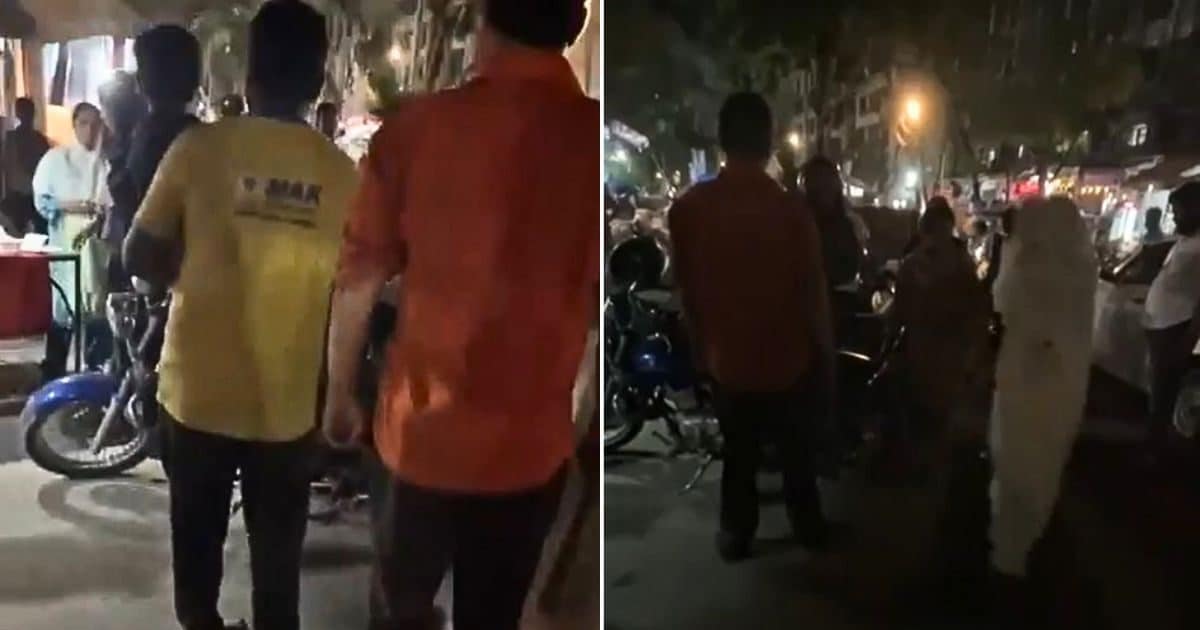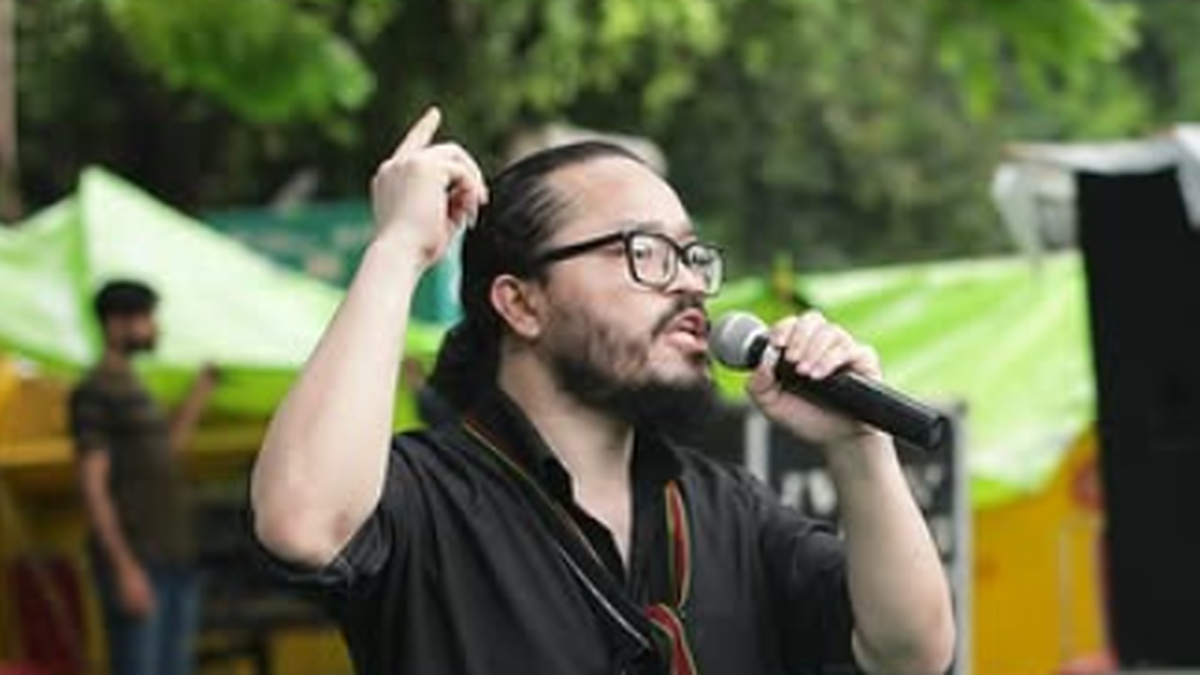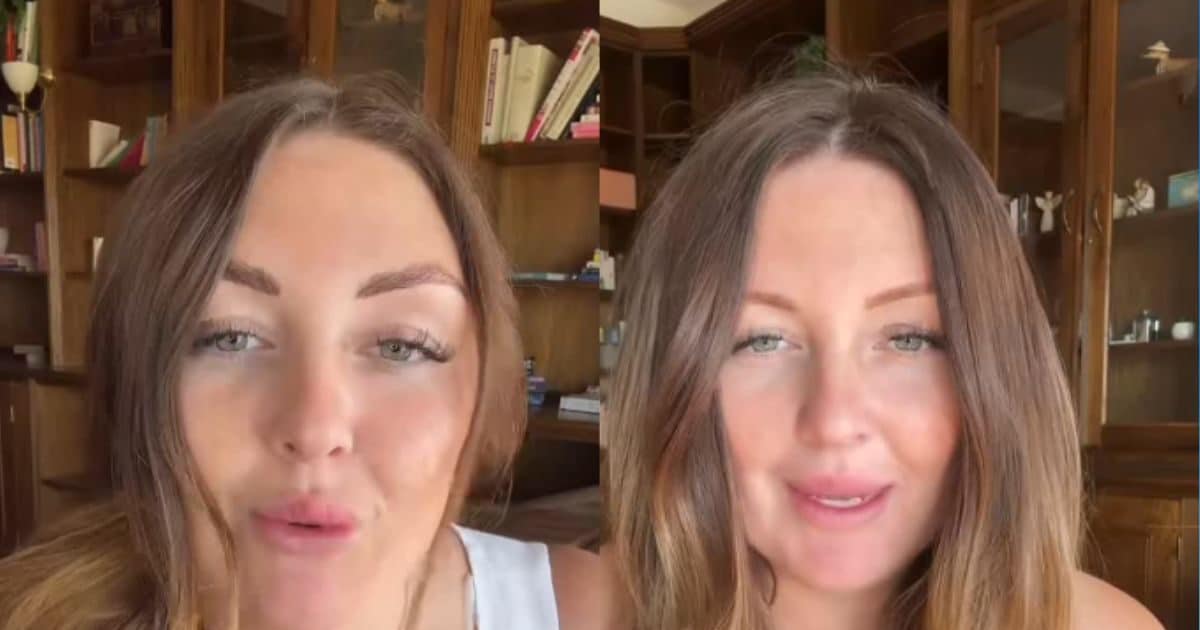
Gidugu Ramamurthy Janapada Kalapeetham founder Badri Kurma Rao showing books written on folk arts in Vizianagaram.
VIZIANAGARAM
Gidugu Ramamurthy Telugu Bhasha and Janapada Kalapeetham founder and a retired government teacher Badri Kurmarao has requested the government to launch a special initiative to protect folk arts, which, he says, used to get royal patronage. He also urged the government to allow each major temple to adopt at least one folk art form so that artistes would be able to perform frequently and pass on their skill to the next generation.
According to Badri Kurma Rao, the kingdoms of Kakatiya, Reddirajas, Hampi Vizianagaram, the princely states of Venkatagiri, Vizianagaram, Bobbili and others used folk art forms to disseminate knowledge of epics and propagate their achievements through various forms of dances and songs.
During the Bhakti movement, folk artiste played a key role for centuries. Almost all major temples used to arrange Burrakatha, Harikatha and other spiritual activities on their premises. Now, however, most temples have ceased their support to folk artistes. The Department of Culture also used to take the services of folk artiste to promote government welfare schemes.
This apart, the Telugu film industry supported folk artistes for almost five decades and folk songs were featured in movies.
Veteran artiste Mikkilineni Radhakrishna Murthy made many producers and directors incorporate folk dances in their movies. He collected information on many of the vanishing folk art forms and published a book Teluguvari Janapada Kalarupalu with the support of Potti Sreeramulu Telugu University in Hyderabad. Telugu Akademi has also contributed to preserving folk literature and published Telugu Janapada Geya Sahityam, authored by writer and researcher Birudaraju Ramaraju.
Mr. Kurma Rao, who published the book Pillalu Raasina Kalingaseema Janapada Kathalu a few years ago, observed that written literature was not available for many folk songs in Vizianagaram and Srikakulam districts. He had to collect data from parents, teachers and students for the publication of the book.
Mr. Kurma Rao, who worked in different parts of these two districts, has turned a portion of his house into an exclusive library of folk literature. “A few universities of Tamil Nadu and Karnataka have been conducting research on folk arts of the respective States. Such initiative on a permanent basis is needed in Andhra Pradesh to preserve the history of folk arts which played a key role in the freedom struggle also,” said Mr. Kurma Rao while speaking to The Hindu.
Central Tribal University of Andhra Pradesh Vice-Chancellor T.V. Kattimani told The Hindu that the university would establish a study centre to get data of tribal folk art forms of North Andhra districts. “The tribespeople pass on knowledge through songs and dances. They explain the importance of family, culture, traditions and medicinal plants in the form of dances and songs. That is why the university would take special care and make youth visit tribal areas and collect the data. It will certainly help future generations understand the importance of folk arts,” he adds.
Published – May 17, 2025 09:10 am IST



Leave a Comment